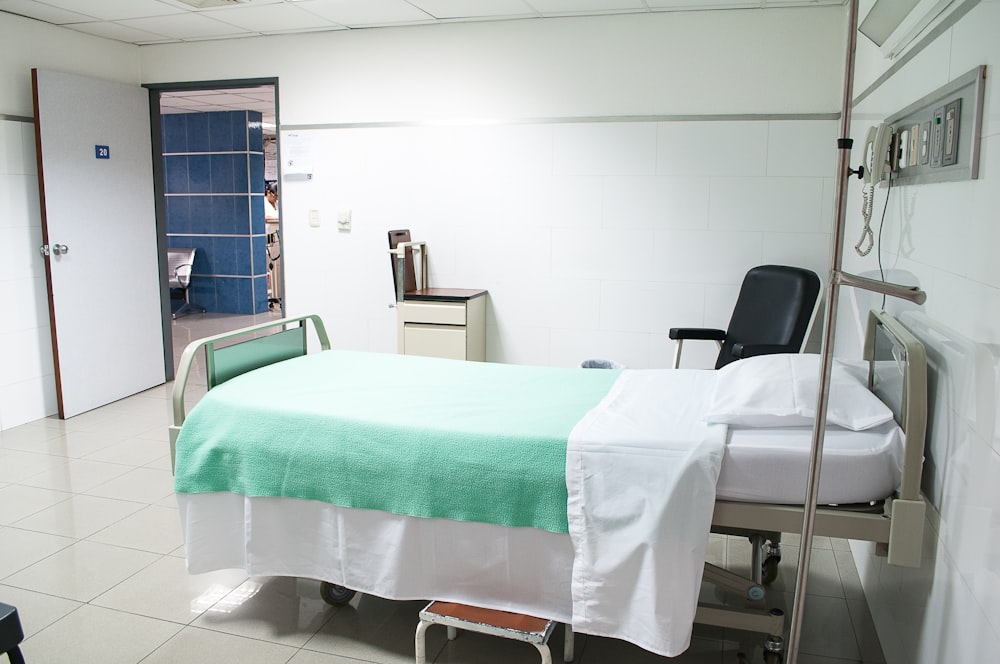目次
早期離床を妨げる要因がこんな要因だったとは…
リハビリテーション領域において早期離床の重要性というのは周知の事実となっております.
最近ではICUにおける早期離床も当たり前となり,中には人工呼吸器を装着したまま離床を進める場合もあります.
また診療報酬上でもICUにおける早期リハビリテーションが評価されるようになっております.
早期離床には非常に大きな意義があるわけですが,早期離床がなぜできないのかというのも視点も重要だと思います.
今回は早期離床を妨げる要因について明らかにした原著論文をご紹介させていただきます.

今回ご紹介する論文
Nurs Crit Care. 2020 Apr 13. doi: 10.1111/nicc.12507. [Epub ahead of print]
Intensive care unit nurses’ knowledge, attitudes, and perceived barriers regarding early mobilization of patients.
Wang J1, Xiao Q1, Zhang C2, Jia Y2, Shi C2.
今回ご紹介する論文は2020年に掲載された新しい論文です.
中国で行われた研究ですので,少し日本とは事情が異なる側面があると思います.
研究の背景
It has been recommended that critically ill patients start mobilization as early as possible. However, the clinical utilization rate of early mobilization remains low in the intensive care unit (ICU), and respiratory therapists and nurses are the primary practitioners of early mobilization in China.
重症患者は可及的早期に離床を進めることが推奨されております.
しかしながら集中治療室(ICU)における早期離床は十分に行われておらず,中国では呼吸療法士と看護師が中心となって早期離床が進められます.
研究の目的
The aim of this study is to investigate the knowledge, attitudes, and perceived barriers of ICU nurses regarding the early mobilization of ICU patients.
この研究では,ICU患者の早期離床に関するICU看護師の知識,態度,認知された障壁を明らかにすることとなっております.
研究デザイン
A descriptive and cross-sectional design was used.
研究デザインは記述的横断研究となっております.
研究の方法
A cross-sectional design was used, with an e-questionnaire for ICU nurses (n = 227) to assess knowledge and attitudes regarding early mobilization via the “Tencent WeChat” app on their smart phones.
横断的にICU看護師(n = 227)を対象に,スマートフォンの「Tencent WeChat」アプリを用いて,早期離床に関する知識と態度を評価するための電子アンケート調査を実施しております.
研究の結果
As the primary implementers of the early mobilization of ICU patients in China, more than half of ICU nurses passed the knowledge test (scored ≥20/25 points) and had positive attitudes (scored 45/55 points) regarding early mobilization. Nurses had good knowledge (more than 96.5%) of the benefits and stopping indications of early mobilization; however, they had a poor understanding (less than 51.1%) of the population in which early mobilization is applicable and monitoring indicators during early mobilization, and 39.2% of nurses did not support routine implementation of early mobilization for patients in the ICU. The major barriers that they perceived were very heavy workload (76.8%), insufficient equipment and devices (50.2%), lack of written protocols or guidelines (50.2%), inadequate training (47.1%), potential work risks (42.3%), and limited staffing (41.4%).
ICU患者の早期離床に関して,半数以上のICU看護師が知識テストに合格しており,早期離床に関する肯定的な考えを持っていることが明らかとなりました.
また看護師は早期離床の利点や離床の中止に関しても十分な知識を有しておりましたが,早期離床が行われる集団や早期離床中のモニタリング指標については理解が不十分であり,39.2%の看護師はICU患者への早期離床の日常的な実施に否定的な意見を持っておりました.
早期離床を妨げる要因として,作業負荷が大きい(76.8%),機器や装置が不十分である(50.2%),文書化されたプロトコルやガイドラインがない(50.2%),トレーニングが不十分である(47.1%),潜在的な離床に伴うリスク(42.3%),スタッフの不足(41.4%)が挙げられておりました.
研究の結論
Although over half of ICU nurses exhibited relatively comprehensive knowledge of and positive attitudes to early mobilization, some misunderstandings, negativity, and barriers remain.
ICU看護師の半数以上が早期離床について概ね十分な知識を有しており,早期離床に対して肯定的な考えを持っておりましたが,早期離床においてはさまざまな障壁があることも明らかとなりました.
早期離床を妨げる要因について調査した報告をご紹介させていただきました.
特に作業負荷が大きいとかスタッフの不足なんていうのは実際には非常に重要な視点ですよね.
実際に人工呼吸器装着患者の離床なんてかなりの人出が必要です.
今回の研究で挙げられた要因を考慮した上で早期離床を推進するにはソフト面とハード面の整備が必要ですね.







コメント